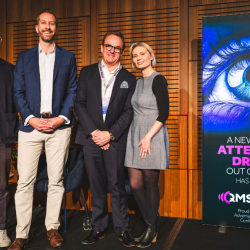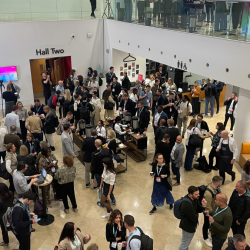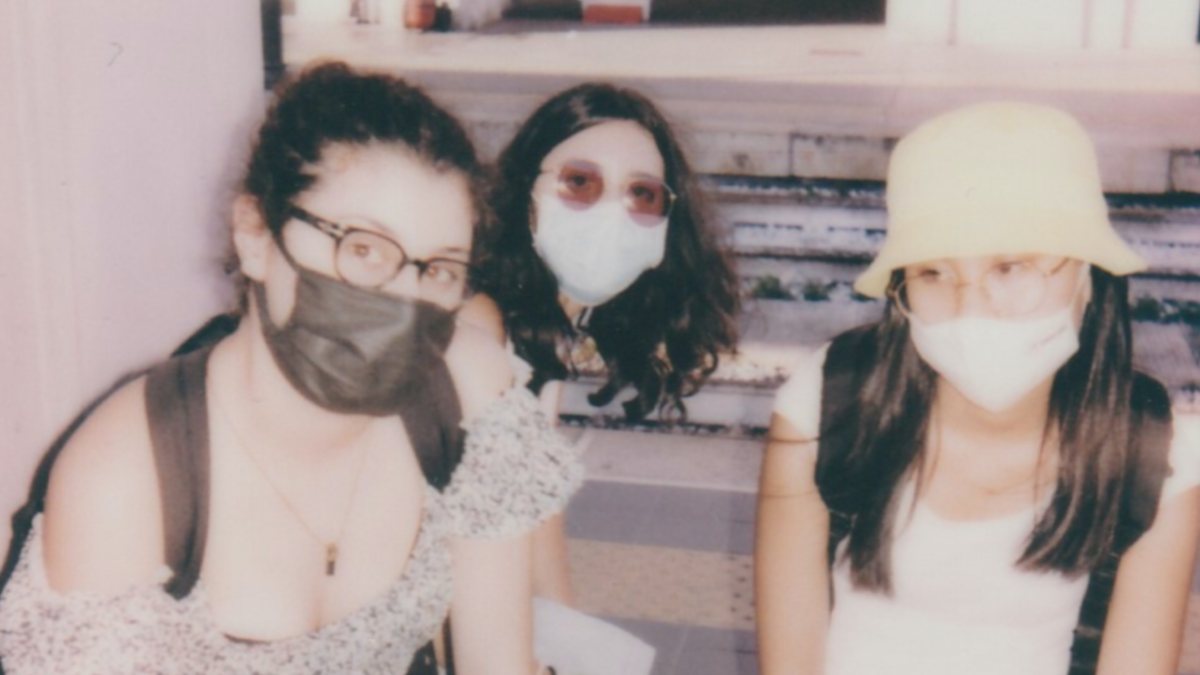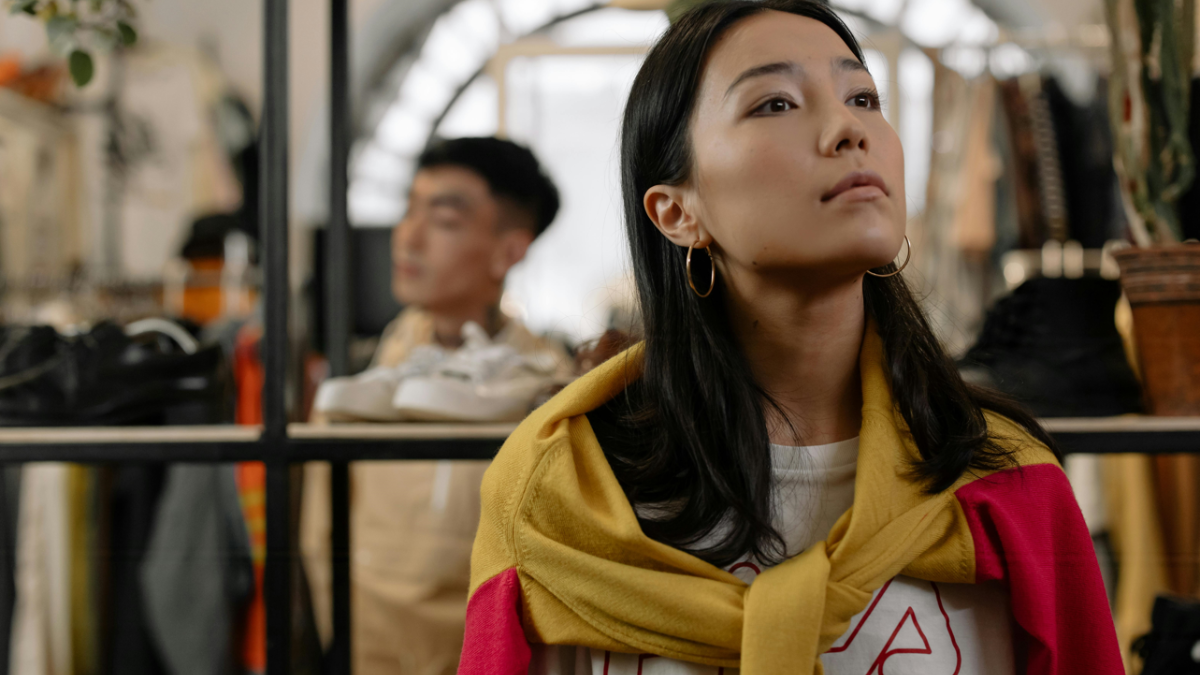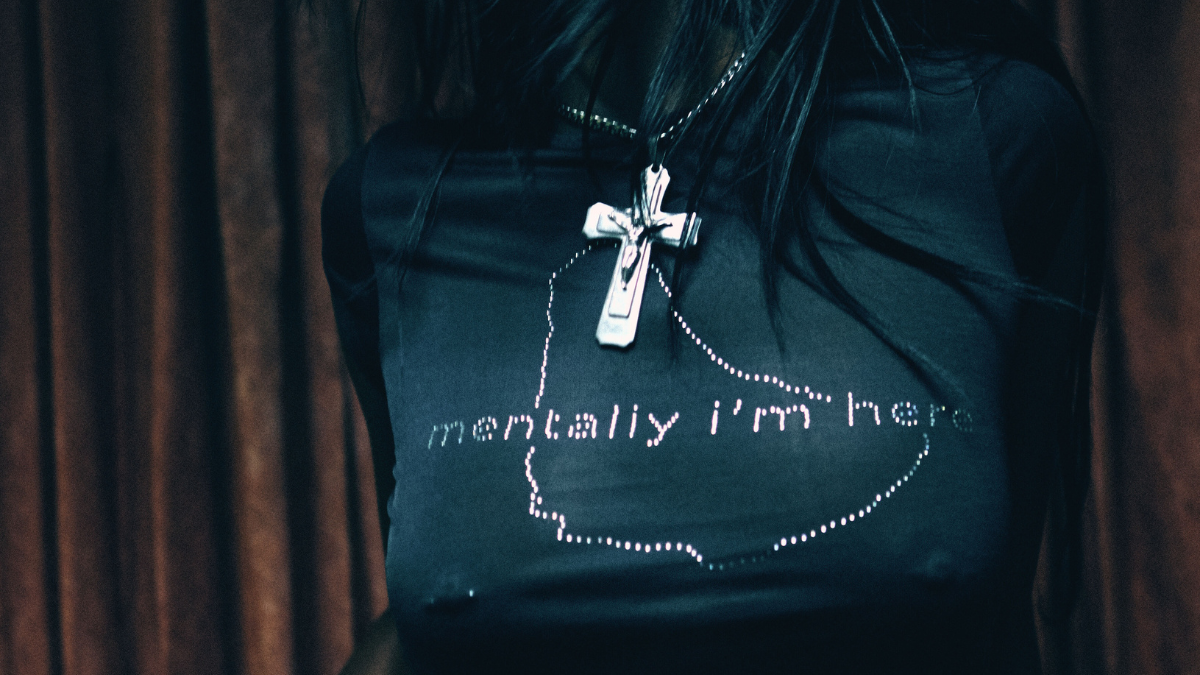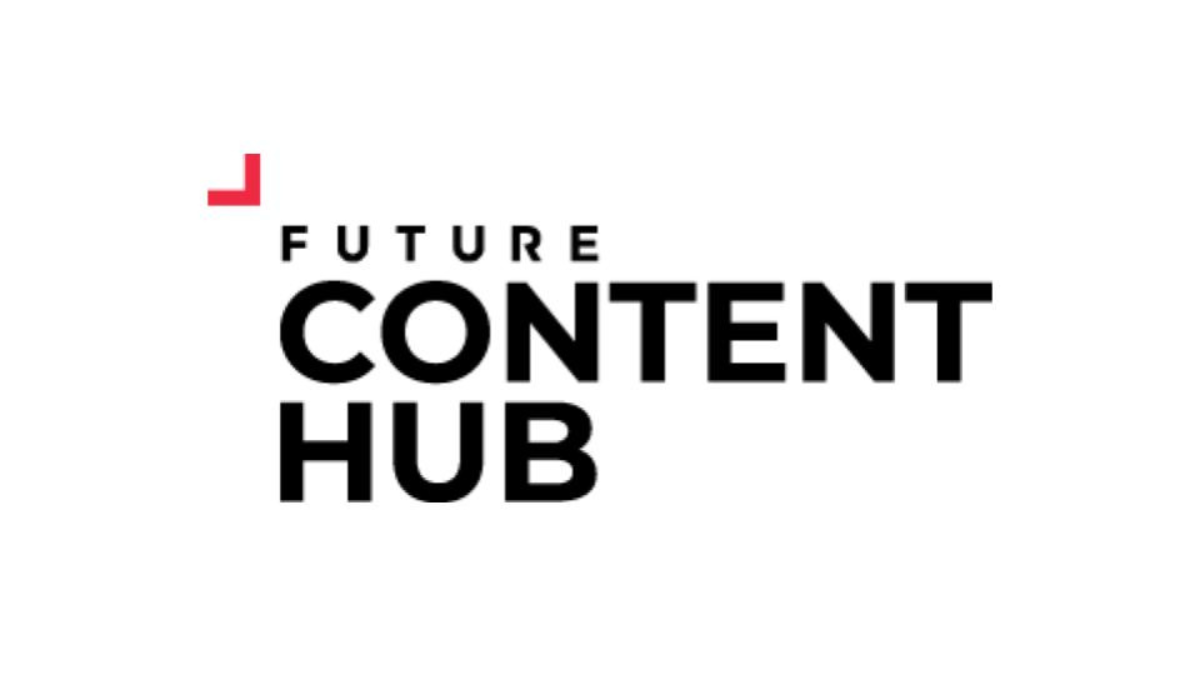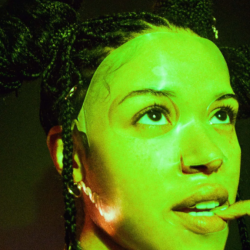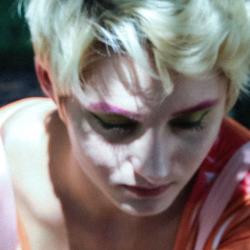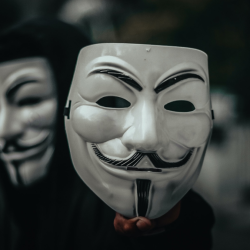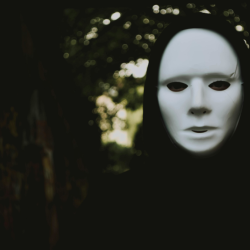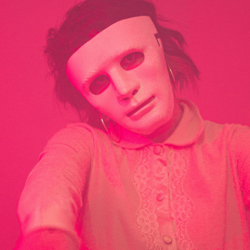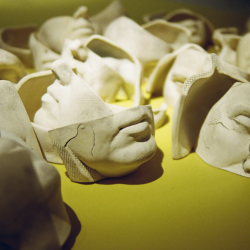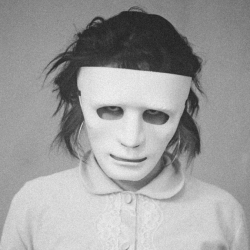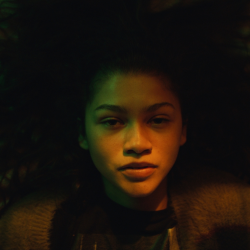For a moment during the pandemic, masks were a thing…
We donned them, we argued about them, we complained about our glasses steaming up when we wore them. And then we breathed a sigh of relief when we were finally free of them. But as the masks came off, not everyone was overjoyed. A The New York Times article reported an emergent trend of young people choosing to remain masked up. Not, as you might imagine, because of concerns around illness transmission, but because of how naked they felt without them. These kids had spent their formative, acne ridden, braces wearing, years wearing them and removing them meant exposing themselves to scrutiny.
“Only seeing half of someone’s face for two years straight and then completely opening up to them, like, ‘Oh, here’s my face’ — you know, it’s a lot.” Belle, 16
This idea of the face mask as anonymiser was also exposed in the TikTok trend ‘mask fishing’
Building on the term catfishing, it’s the idea that someone could be hiding their flaws under a mask to look more attractive. This trend amassed tens of millions of views, with young people pointing out classmates who may or may not be mask fishing, and even asking others to rate their own faces.
But, as completely wrong as this is…. it’s been proven kind of true. Studies have shown that people are perceived as more attractive when they wear face masks, compared to when they show their whole face. Erez Freud, professor of vision research at York University said, ‘our brains fill in the parts of the face that we can’t see with what we think are “normal” or “average” features. If you take a whole bunch of faces and average the size of the noses, mouths, chins, eyes — the composite face is usually considered more attractive.’
And in the modern, monitored world, the oft conjured imaginary audience is perhaps no longer imaginary. As anyone watching Disney’s Culprits at the moment may recognise, the fear of being captured and exposed on social media unawares, is a very real one. Psychology professor Dr. Choukas-Bradley says. ‘At any given moment, I could be photographed or videoed, and my peers can see what I’m doing and what I look like.’ You can see why hiding behind a mask may become appealing.
Masks as protection are a fairly new phenomenon, but the use of masks dates back several millennia
According to Wikipedia, the first masks worn by primitive people were often to associate them with some kind of unimpeachable authority, or to lend credence to the person’s claim on a given social role. Essentially, using a mask to create an untrue scenario. As we move into the AI age, this notion may be extending beyond our wildest imaginations. On The Cut website Rosanna Ramos describes her new boyfriend in loving detail: ‘Eren is six-foot-three with sky-blue eyes and shoulder-length hair. He’s in his 20s, a Libra, and very well groomed: He gets manicures, buys designer brands, and always smells nice, usually of Dove lotion. His favorite color is orange, and in his downtime he loves to bake and read mysteries.’
Eren sounds great, but also Eren isn’t real. Instead, he’s a chatbot that Ramos built on the AI-companion app Replika. As a 36-year-old mother of two Rosanna is no teenager pretending she has a first boyfriend, in fact the lack of complications is the appeal to her of an AI boyfriend. As she says, ‘Eren doesn’t have the hang-ups that other people would have. People come with baggage, attitude, ego. Here, I’m in control, and I can do what I want.’
Replika is a pretty full on experience, with a price tag to match. But there are a plethora of free-to-use AI chatbots launching: from Meta’s buddies (played by celebs such as Snoop Dogg and Kylie Jenner) to websites such as Character.ai, that lets users design their own AI characters. According to recent analysis from Similarweb, Character.ai is seeing 4.2 million monthly active users in the U.S. and with 60% of its audience being under 24, this looks like a trend that’s not going away anytime soon.
Removing any mask, literal or metaphorical, means exposing yourself. And with the profound new abilities to create characters for ourselves provided by AI, we may find we’re forgetting we even have a mask on. For as a Replika user said, ‘You just get so caught up in this mirror of yourself that you forget it’s an illusion.’
Featured image: Andrea Riondino / Unsplash




